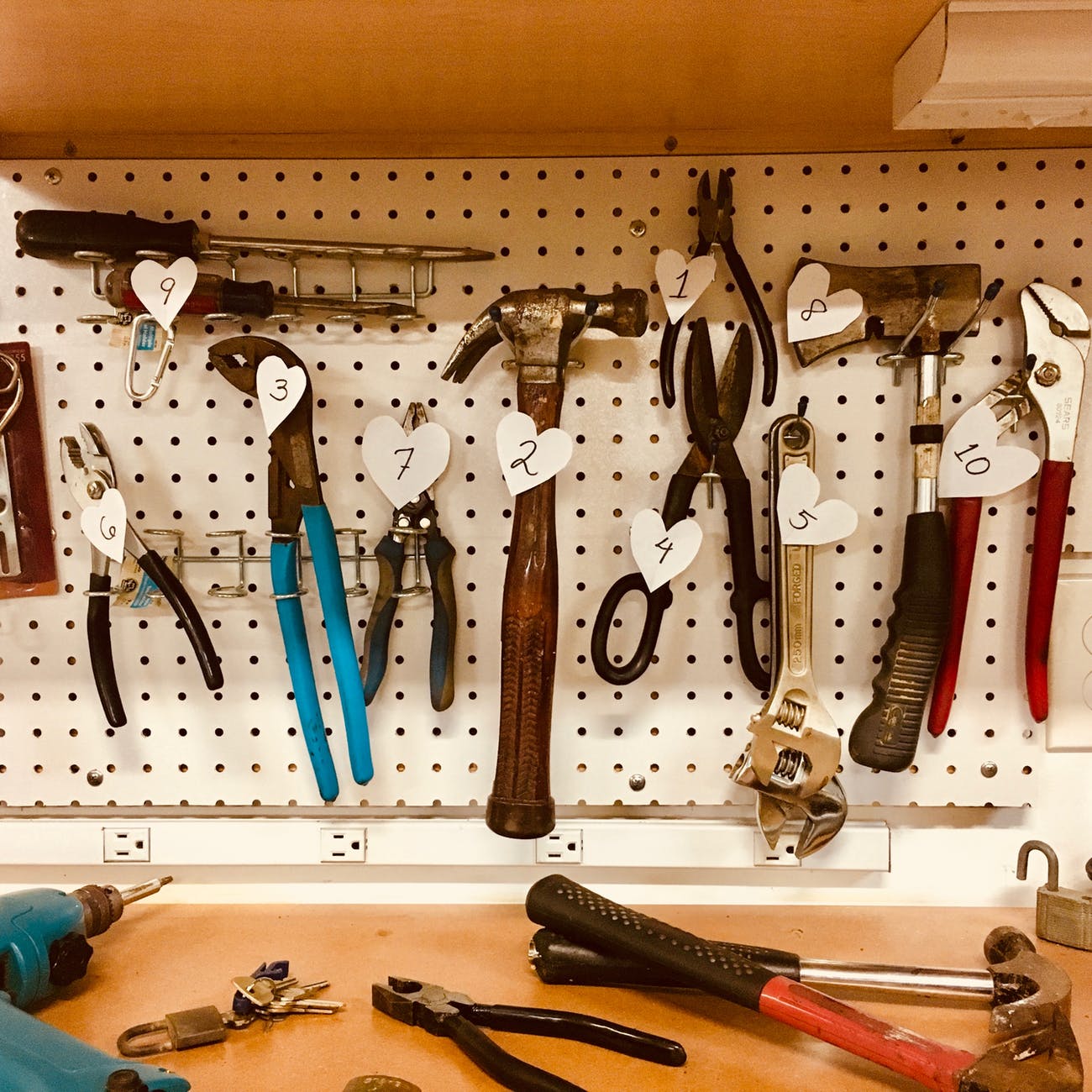
A work colleague told me you shouldn’t judge people. The trouble is, our economic, political and legal systems depend on someone judging something. Judgement of a chief exec’s ability to build customer support. And create shareholder wealth. Voters on Election Day judging the government and its leader’s performance to date. Jurors deciding whether someone accused of a crime is guilty, beyond all reasonable doubt. We even make a safety judgement, when we let another person drive us somewhere in the car.
So if at times, we have to judge, does having more personal flexibility (PFL) make for better judgements? Ones that are fairer or more accurate?
Take a moment to think about how you make a judgement. Is it:
- First impressions rule ok.
- I’ll stay unconvinced until you prove it to me.
- I just don’t believe the so-called evidence you’re providing and serving up more of it won’t change my view (I suspect you’re lying).
- I’ll go with what I think is the most moral option.
- Which option will benefit me the most?
- Which option is the least risky?

So how can Personal Flexibility help? One way is to select from a wider set to tools, on a case-by-case basis. In other words, don’t just apply one of the above approaches to all situations needing your judgement. In more other words, first judge which approach to use for the situation at hand. Maybe try making a second judgement (of the same situation) using one of the other approaches. See if you get the same result. If not, try adding a third approach and go with two out of three. If you face a really tricky situation, where you have to make a judgement call, apply all of the above, putting different weighting’s on the approaches if you have to. And add up the overall score (for or against).
Another way is to make a judgement. Observe the result with an open mind, And then change your judgement if need be. Changing your judgement isn’t weakness. Instead it’s evolution. Smart researchers who go on to develop wonder drugs, clever engineering solutions, or win Nobel prizes, aren’t afraid to evolve their theories if need be. Brave and respected politicians likewise.

A further way to decide is the ‘Benjamin Franklin’ approach. Write down a list of pros and cons. Then go with the overall result, taking into account that some on the list might be significant and others minor (split each list into significant and minor items if need be).
If you find these blogs useful and meaningful, feel free to tell others.
Simon